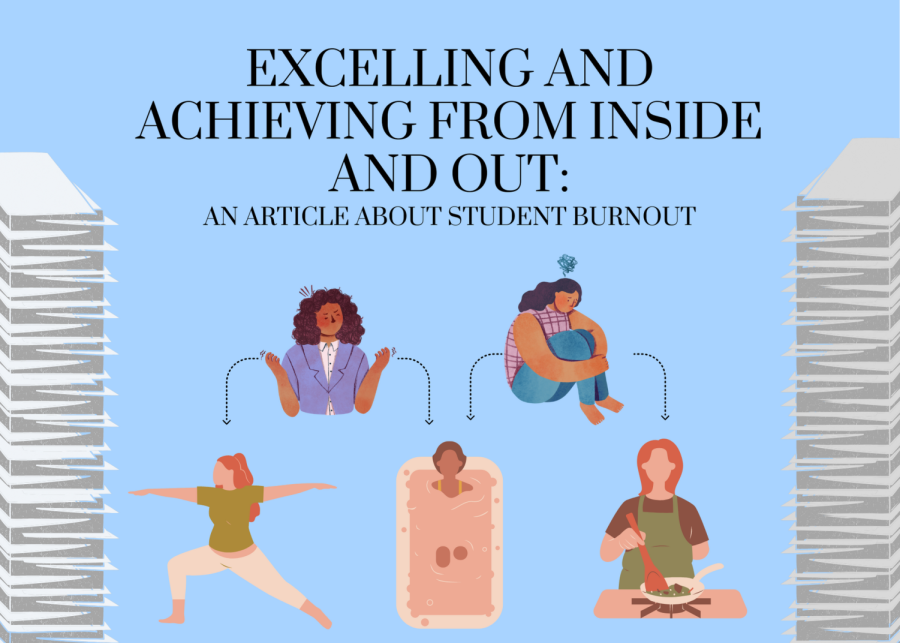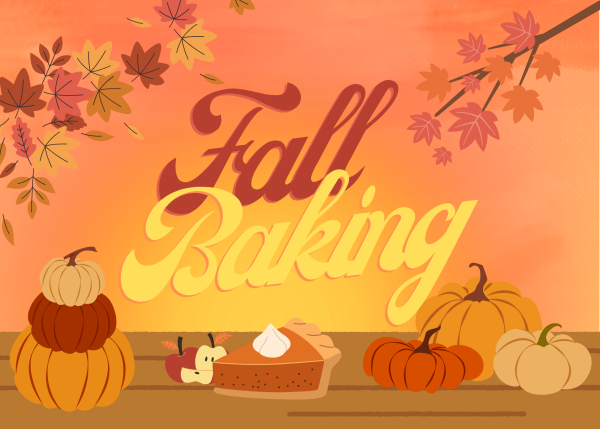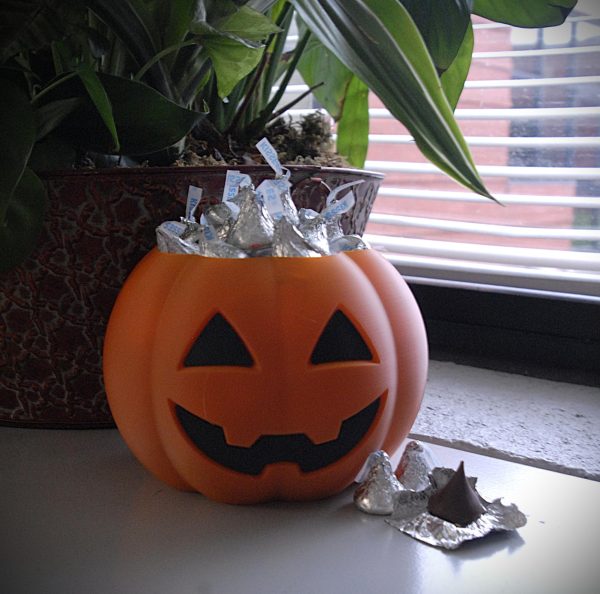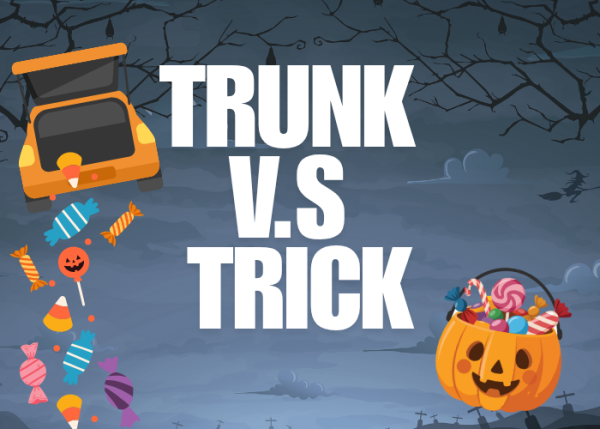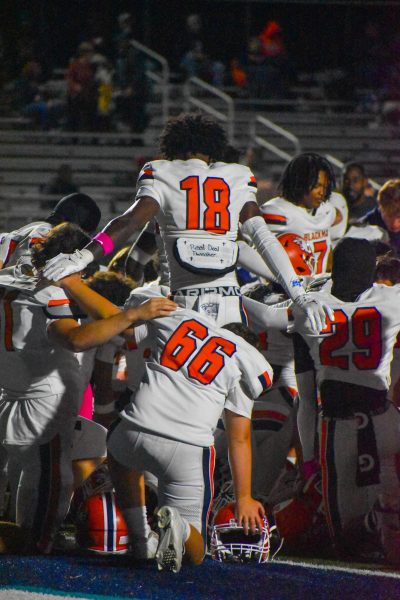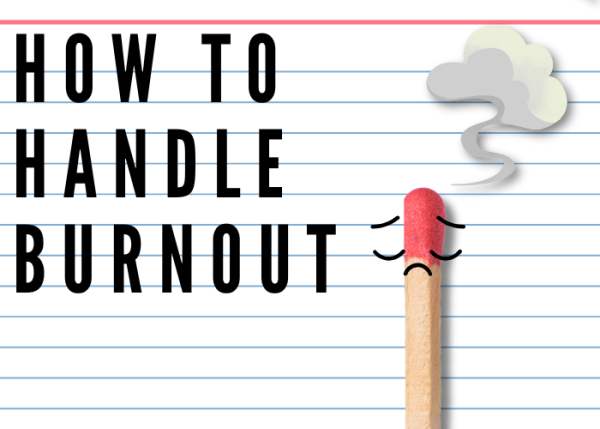Excelling and achieving from inside and out: Student burnout at Blackman
COVID-19 made students burnout worse than they ever had before.
As we approach the end of the year, students are starting to feel the pressure of exams from state testing to AP testing. Throughout our high school careers, some students experience student burnout, for some more than others.
Student burnout is a negative emotional, physical, and mental reaction to prolonged studying that results in exhaustion, frustration, lack of motivation, and reduced ability in school. This happens when students experience stress and frustration without a chance to relax or recharge.
Burnout can be confused with the occasional feelings of tiredness or frustration. The main difference is the real psychosomatic issues, like headaches, insomnia, and depression. Students often experience student burnout when under pressure from outside forces.
How do we stop ourselves from getting burned out? A myriad of things can come to mind, such as making lists, eating healthily, drinking plenty of water, and sleeping enough at night.
Liv Sawyer, senior, also experiences student burnout but has learned how to handle it.
“I definitely started to take care of myself. I started to relax and slow down and focus on self-care and self-love,” stated Sawyer.
Some students try other options to help prevent burnout and maintain a healthy student life.
“Having that time out of your day to just laugh and take a brain break helped me because it brought me back and reminded me what I am pushing for,” stated Hannah Neal, sophomore.
When students experience burnout, effects can be seen throughout other activities and personal lives.
“I didn’t know what it was until I hit that wall, and I started to lose my motivation. I just decided to stop doing my work,” said Sawyer.
For some students, it takes that step back to understand and reassess their situations from many points of view, both mentally and physically.
“It all turned for me when Mrs. Monson asked me if I was okay. That’s when I broke and said, ‘No, I don’t think I am.’ I remember when I got home that day, I just cried and talked with my mom and aunt for hours,” stated Abby Ledbetter, senior.
Burnout particularly spiked at the beginning of the COVID-19 pandemic when students were home and in charge of their own time management. The transition from virtual learning to in-person learning has been difficult for multiple students.
Some students offer a myriad of advice for others.
“I would say that it never hurts to say, ‘I need help.’ I know I was scared to ask for help because I am so independent, but just because you ask for help doesn’t mean you aren’t strong,” said Hannah Neal, sophomore.
Burnout is an unfortunately a common occurrence in students. It can be experienced by high school and college students as well as adults. It is a reminder that when students go through this, they are never alone. There is always someone to talk to. In most cases, talking about what one is experiencing can help bring the big picture into focus. Often times that is what is necessary when healing and moving forward from burnout.
So, when registration rolls around, and you want to put a lot on your plate, just remember to take a break between your classes. Remember to take a couple of minutes in the day to do some self-care whether it’s affirmations or meditation. As another suggestion you may want to rethink the 5 AP classes you want to take, everyone deserves sleep.
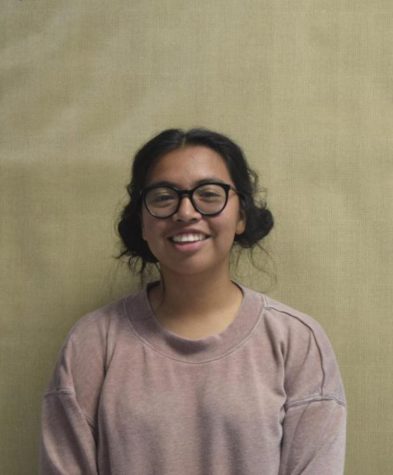
I’m a senior, and my pronouns are she/her. My hobbies include drinking coffee, playing volleyball, listening to music, designing, and watching Netflix....


